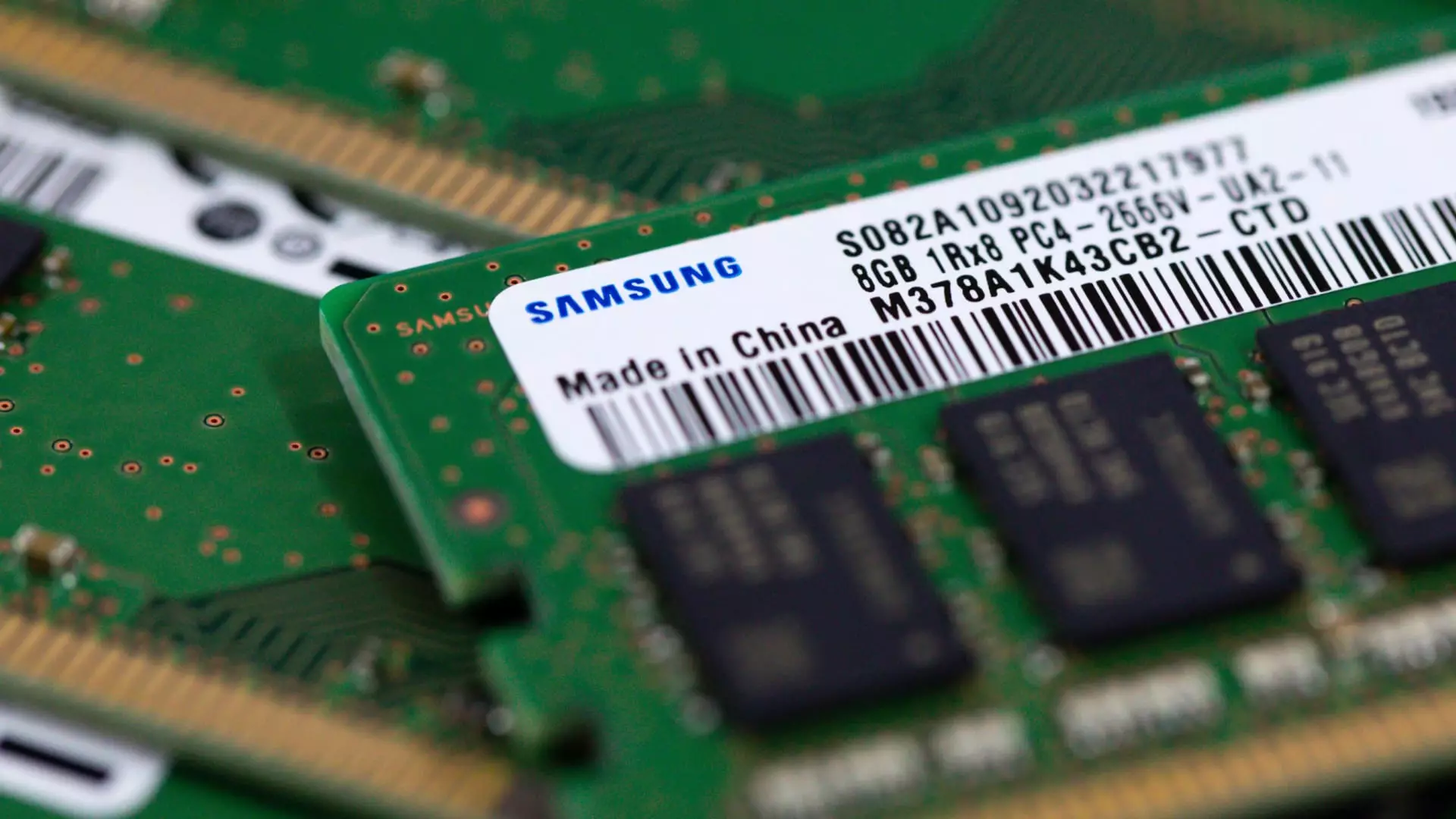Tech and chip-related stocks in Asia witnessed a significant decline on Thursday, following the release of Nvidia’s second-quarter results in the United States. Companies with direct ties to Nvidia, such as South Korean chipmakers SK Hynix and Samsung Electronics, experienced the most substantial losses. SK Hynix, a manufacturer of high bandwidth memory chips utilized in AI applications by Nvidia, saw its shares plummet by as much as 6.74%. Similarly, Samsung Electronics, a key component of South Korea’s Kospi stock index, suffered a decline of up to 3.8%. Although the extent of Samsung’s supplier relationship with Nvidia remains unclear, there are indications that the company might be producing HBM chips for certain Nvidia products, as reported by Reuters.
Impact on Other Suppliers
In addition to South Korean companies, other direct suppliers to Nvidia, such as Taiwan Semiconductor Manufacturing Company and Hon Hai Precision Industry (Foxconn), also experienced losses. Taiwan Semiconductor saw a drop of 2.8%, while Foxconn’s shares declined by 2.96%. The ripple effect extended to other tech stocks, albeit to a lesser degree. Japanese semiconductor-related companies like Renesas, Advantest, and Tokyo Electron witnessed falls of up to 3.2%, 3.6%, and 3.49%, respectively. Chinese chipmakers listed in Hong Kong, despite having minimal connections to Nvidia, also faced declines. SMIC, a partially state-owned company, saw a loss of about 1.4%, while Hua Hong Semiconductor’s shares fell by 1.66%.
Analysis of Nvidia’s Results
While Nvidia outperformed expectations in terms of quarterly revenue and earnings per share, there were concerns about its ability to sustain rapid growth in the current quarter. Luke Rahbari, CEO of Equity Armor Investments, suggested that the market reaction might have been due to fears of a slowdown in Nvidia’s growth trajectory. Despite this, Rahbari expressed optimism about Nvidia’s future prospects, highlighting the company’s dominant position in the industry. However, Nvidia’s gross margin declined to 75.1% from 78.4% in the previous period, falling below analysts’ estimates for its annual gross margin forecast of the “mid-70% range.” Mark Lushcini, chief investment strategist at Janney Montgomery Scott, dismissed the drop in Nvidia’s shares as a minor setback, citing the significant increase in the company’s stock price over the year.
The impact of Nvidia’s second-quarter results was felt across the Asian tech and chip markets, particularly among companies directly connected to the U.S. tech giant. Despite concerns about Nvidia’s future growth potential, experts remain optimistic about the company’s long-term outlook. The fluctuations in stock prices underscore the interconnected nature of the global tech industry and the ripple effects of key players like Nvidia. As the sector continues to evolve and innovate, investors and market analysts will closely monitor developments to gauge the trajectory of tech stocks in the region.


Leave a Reply